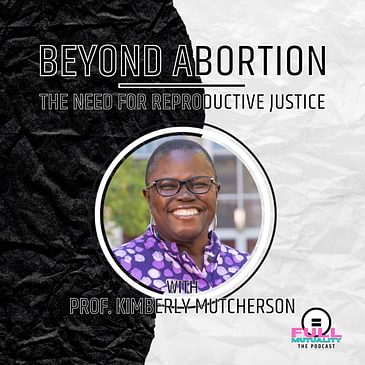Professor of Law Kimberly Mutcherson joins Gail and Nate to discuss the history of abortion access in the US, the current landscape of women's healthcare, and the need for reproductive justice in the pro-choice conversation.
Professor Mutcherson was the former co-host of the Anthem-Award-winning podcast—The Power of Attorney—which is produced by Rutgers Law School. Follow Professor Mutcherson on Bluesky: @professormutch.
Resources mentioned in this episode:
- Randall Balmer - "The Religious Right and the Abortion Myth," Politico 10 May 2022
- Reproductive Justice by Loretta Ross and Rickie Solinger
- Killing the Black Body by Dorothy Roberts
- Center for Reproductive Rights
---
Follow us on Facebook at fb.com/fullmutuality and on Instagram at @fullmutuality. Join the conversation in our Discord server at dauntless.fm/discord-server. Visit fullmutuality.com for more ways to connect with us.
Full Mutuality is a Dauntless Media Collective podcast. Visit dauntless.fm for more content.
Join as a partner on Patreon for exclusive content!
Hosted on Acast. See acast.com/privacy for more information.





